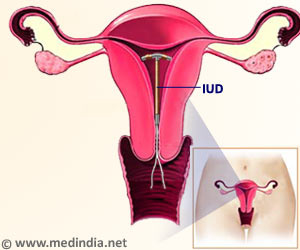Breast cancer patients who have a lower household income and less education may be more likely to receive reduced doses of chemotherapy, according to a new study.
Breast cancer patients who have a lower household income and less education may be more likely to receive reduced doses of chemotherapy , according to a new study from a University of Michigan Comprehensive Cancer Center researcher.
In addition, severely obese women were four times as likely as lean women to receive less chemotherapy. Doctors calculate chemotherapy doses for each patient based on her height and weight.The study looked at 764 women enrolled in the Awareness of Neutropenia in Cancer Study Group Registry, a prospective, multicenter study of cancer patients starting chemotherapy. The researchers looked at women with early breast cancer who were beginning chemotherapy. Study participants enrolled at 115 hospitals and doctors’ offices across the country.
Results of the study appear in the Jan. 20 issue of the Journal of Clinical Oncology.
The study authors used U.S. Census Bureau statistics and the women’s zip codes to assign each woman a median household income, poverty status and level of education. Information about individual women’s actual educational attainment was also collected as part of the study. The researchers then calculated the standard chemotherapy dose, based on each woman’s height and weight, and compared that to the initial dose each woman received. A reduced dose was noted for those who received 85 percent or less of the expected standard dose, based on their height and weight.
Researchers found that doctors were more likely to reduce the chemotherapy dose for heavier patients and those who were less educated, and lived in zip codes with lower median household income and higher levels of poverty. Severely obese patients were four times more likely to receive a reduced dose, and women with less than a high school education were three times as likely to have a dose reduction.
When it comes to obese patients, the researchers suggest that doctors reduce the chemotherapy dose because they do not want to give those patients the large dose that their weight would indicate. The motivation is to avoid potential severe and harmful side effects in their patients. For those patients of lower socioeconomic status, doctors may be anticipating the patient’s attitude toward treatment, the researchers suspect.
Advertisement
Previous studies have shown a connection between obesity and reduced chemotherapy doses. Griggs’ work is the first to look at socioeconomic status.
“A patient might say to her physician that she is fully committed to her treatment, and in particular, to full doses of chemotherapy. I do not think it is the responsibility of the patient to ensure that she receives full weight-based doses, but physicians may be more comfortable dosing a patient fully when they are assured the patient is committed to her treatment,” says Griggs, a member of the U-M Comprehensive Cancer Center.
Source-Newswise
SRM











